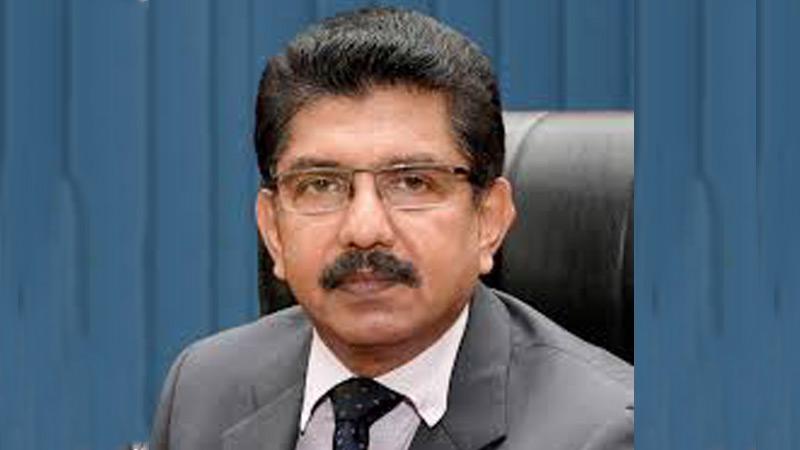
According to the mathematical modeling done by the Medical Faculty of the Colombo University, the total number of COVID-19 positive cases in Sri Lanka can reach 1,400 soon. The free health service is getting ready to accept this challenge, Health Services Director General Dr. Anil Jasinghe told the Sunday Observer.
According to Dr. Jasinghe, the same mathematical prediction stated that the number of COVID-19 positive cases will reach 137 by April 4 (yesterday) but the actual number exceeded this predicted number. The mathematical prediction also stated that with a mild leakage (weaknesses) in the system the number will reach 163 by April 7. It showed that with a moderate leakage in the system the number will reach 340 by April 17.
Dr. Jasinghe said the mathematical modeling was done two weeks ago by Prof. Manoj Krishantha, Prof. in Community Medicine, Colombo University and a Mathematician Dr. Nishantha Perera attached to the Medical Faculty of the Colombo University. The actual numbers could be different from the predicted numbers, he said. Meanwhile, the Government Medical Officers’ Association (GMOA) Secretary Dr. Haritha Aluthge said Sri Lanka is currently in stage 3a which is the stage of `Home Clusters’ and all efforts should be made by the Government and the Sri Lankan people to prevent it from reaching stage 3b (Small Group Clusters) and stage 4(Community Transmission with inability to track down origin, trace contacts, etc).
Dr. Aluthge pointed out that during recent meetings, it was revealed that the capacity available was to handle around 2,000 COVID-19 patients but if tougher actions are not taken on time the actual number could reach around 3,000.
It is essential for at least 80 percent of the total population to be indoors in their homes in order to prevent the situation reaching 3b and 4. Curfew should not be lifted from time to time and serious health hazards in hotspots such as economic centres, markets, fisheries harbours and tea factories should be addressed immediately, he added.
